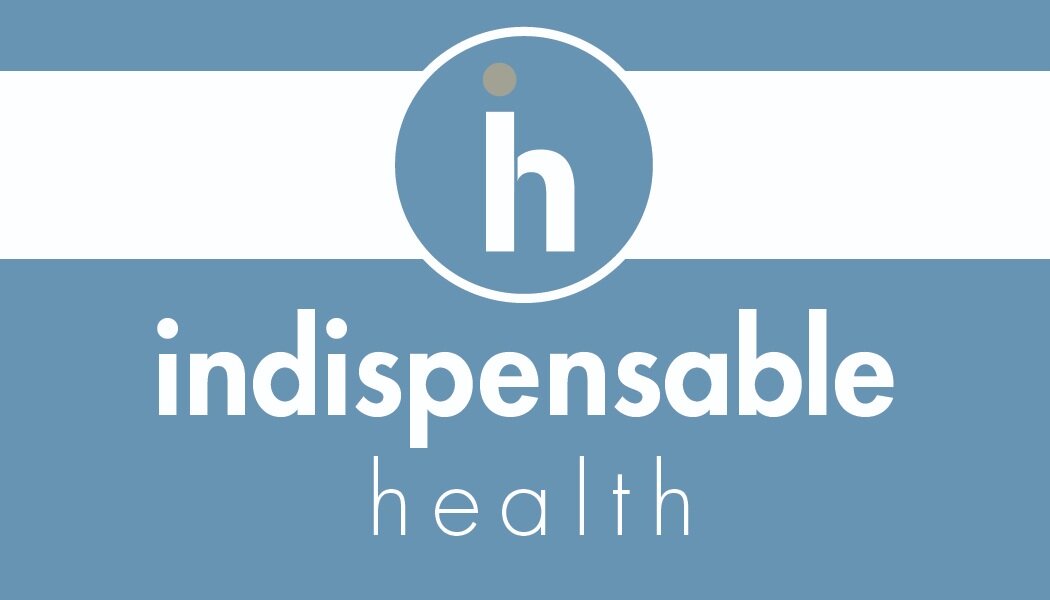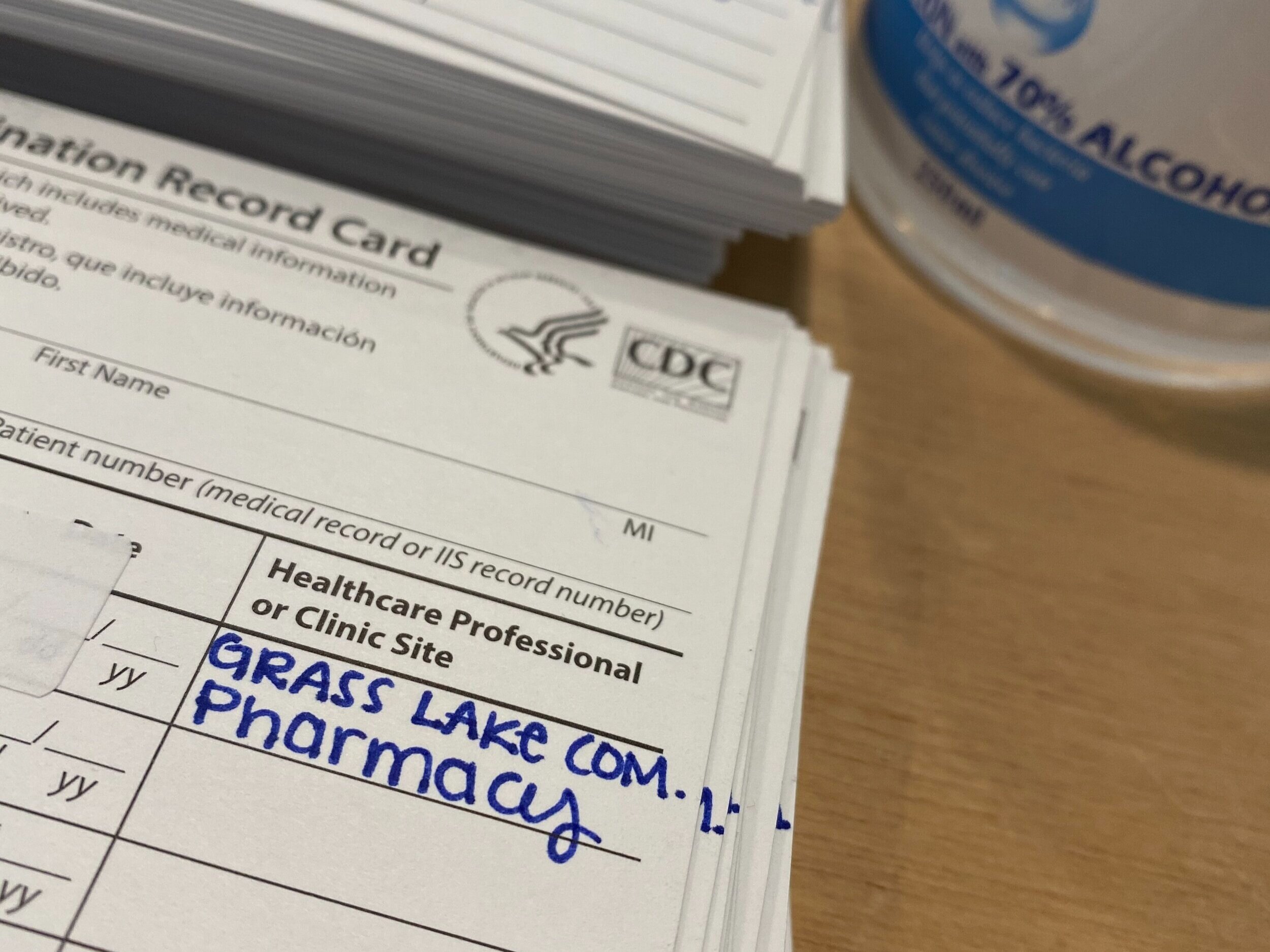COVID-19 Variants: What You Should Know
COVID-19 Variants: What You Should Know
If you have been following recent developments in the COVID-19 pandemic, you have likely heard about the delta variant, which is currently the most common form of COVID-19 virus circulating in the United States. Concerns regarding this new variant are resulting in renewed social-distancing precautions and booster-vaccine recommendations as outbreaks develop across the country. But what are COVID-19 variants, how do they develop, and what do they mean for the future of the pandemic?
COVID-19 is caused by the SARS-CoV-2 coronavirus, a microscopic viral particle containing RNA inside a viral envelope that is covered in spike proteins, which allow the virus to attach to human cells (1). Once inside a host, the virus multiplies rapidly, infecting the host and spreading into the surrounding environment. When viruses replicate, errors inevitably occur, and these errors can result in changes to the structure and function of the virus. These changes are known as mutations, and they are often inconsequential and may even weaken the virus. Since the start of the COVID-19 pandemic, thousands of variants have surfaced, most of which have not made the news because they did not result in changes to how the virus spreads or infects humans. Occasionally, mutations can result in an advantage to the virus, making it more infectious or more deadly (2).
When one of these advantageous mutations occurs, the mutated form of the virus can quickly become the dominant strain as it continues to infect new hosts. This is especially true for variants that can evade antibodies in individuals who have been previously infected or immunized, giving the virus more available human targets. Through sequencing viral DNA from COVID test swabs, The CDC has identified several Variants of Concern in the United States over the past several months – branding them the alpha, beta, delta, and gamma variants (3).
As of August 14, 2021, the delta variant is responsible for 86.1% of COVID-19 infections in the United States (4). The delta variant appears to be more easily transmitted than previous versions of the virus and has resulted in breakthrough infections in some fully vaccinated individuals (5). A recent study examining vaccine effectiveness in New York state showed that overall vaccine effectiveness decreased from 92% in May to 80% in late July, corresponding with the emergence of the delta variant. However, the vaccines remain >90% effective in preventing hospitalization (6). The symptoms of the delta variant are largely the same as the original version of COVID-19, and vaccinated individuals infected with the delta variant are typically either asymptomatic or experience mild symptoms resembling the common cold (7).
Pfizer has released preliminary data showing that a third dose of their vaccine given 6-12 months after the initial series is effective in boosting antibody titers against the delta variant (8). On August 18th, federal officials recommended booster shots for Americans who received the Pfizer and Moderna vaccines eight months after receiving their second doses, beginning September 20th. This decision is pending approval from the Food and Drug Administration (9). Pfizer is also in the early stages of developing a new version of the COVID-19 vaccine that specifically targets the Delta variant spike protein (10).
Much remains uncertain about the future of the COVID-19 pandemic, but it is clear that new variants will continue to emerge. The only way to reduce the development of new viral variants is to reduce the rates of infection – through continued vaccination and adherence to CDC recommendations regarding masking and social distancing.
Author: Kirsten Smith | PharmD Candidate 2022 | University of Michigan
References
https://www.scripps.edu/covid-19/science-simplified/parts-of-a-coronavirus/index.html
https://now.tufts.edu/articles/how-viruses-mutate-and-create-new-variants
https://www.cdc.gov/coronavirus/2019-ncov/variants/variant.html
https://covid.cdc.gov/covid-data-tracker/#variant-proportions
https://www.cdc.gov/mmwr/volumes/70/wr/mm7034e1.htm?s_cid=mm7034e1_w#T1_down
https://health.ucdavis.edu/coronavirus/covid-19-information/delta-variant.html
https://www.nytimes.com/live/2021/08/18/world/covid-delta-variant-vaccine
https://cdn.pfizer.com/pfizercom/2021-07/Delta_Variant_Study_Press_Statement_Final_7.8.21.pdf
COVID-19 Vaccines Available With GLCP
Walk-In Appointments Are Available For Pfizer, Moderna, and Janssen (J&J) at the Pharmacy. COVID-19 Vaccine Clinics Are Also Available To Schedule At A Convenient Location For Groups.










You’ve likely heard about the COVID-19 Delta Variant, which is currently the most common form of COVID-19 virus circulating in the United States. Concerns regarding this new variant are resulting in renewed social-distancing precautions and booster-vaccine recommendations as outbreaks develop across the country.